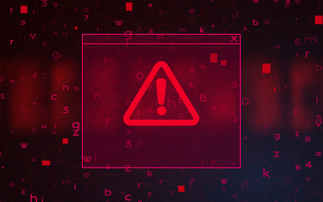EU businesses are far more relaxed about cyber crime than their US counterparts
Businesses in Europe have yet to acknowledge the growing threat of cyber crime according to the 2011 Lloyd's Risk Index survey. The Lloyd's Risk Index surveyed 500 global business leaders' views...
To continue reading this article...
Join Computing
- Unlimited access to real-time news, analysis and opinion from the technology industry
- Receive important and breaking news in our daily newsletter
- Be the first to hear about our events and awards programmes
- Join live member only interviews with IT leaders at the ‘IT Lounge’; your chance to ask your burning tech questions and have them answered
- Access to the Computing Delta hub providing market intelligence and research
- Receive our members-only newsletter with exclusive opinion pieces from senior IT Leaders





















